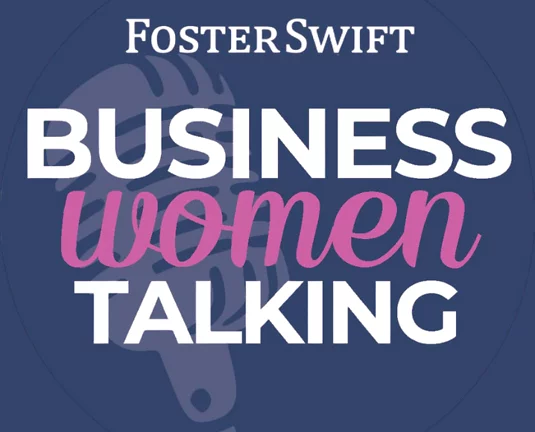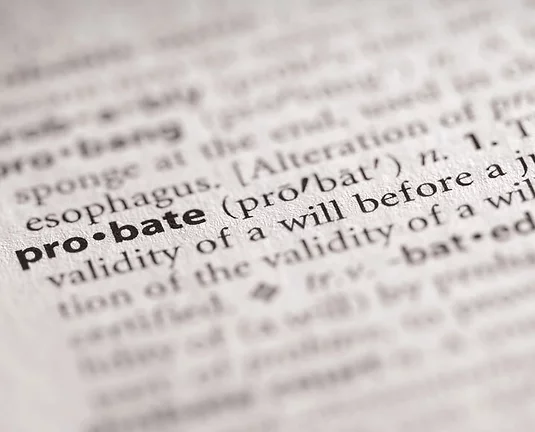Piercing the Corporate Veil: When Your Business's Debts Become Yours
This is the first article in a series on protecting a business's identity and avoiding personal liability for business actions.
In 2013, the Michigan Court of Appeals decided Woodridge Hills Association v. Williams. The homeowners' association of Woodridge Hills hired a roofing company owned by Williams to replace the neighborhood's roofs. Once the work was completed, the association found the work inadequate and successfully sued the roofing company. Although the company could not pay and filed for bankruptcy, the association then successfully forced Williams to pay with his personal assets.
Business owners might be surprised to learn that they can be held personally liable for their business's debts. But it's true, due to a concept called "piercing the corporate veil." To avoid veil piercing, entrepreneurs would be wise to consider their liability exposure.
Whether a business owner is personally liable for business debts depends in part on the business's entity type. Corporations and limited liability companies (LLCs) offer a high degree of liability protection. It may be helpful to think of these entities as a barrier or "veil" between a business's creditors and its owners. On the other hand, sole proprietorships and partnerships offer no liability protection. Choosing the right entity is not enough, however, as Woodridge Hills Association v. Williams demonstrates. Business owners need to treat their corporations and LLCs as truly separate from the owners, and follow all legal requirements for their type of business. If owners don't, they run the risk that a court will pierce the corporate veil to hold them personally liable.
In Michigan, piercing the corporate veil occurs when a court determines that:
- The business is a mere instrumentality of another entity or individual;
- The business was used to commit a fraud or wrong; and
- The business caused an unjust loss or injury to a plaintiff.
Most arguments over veil-piercing relate to the "instrumentality" requirement. Therefore, business owners should take the following actions proactively to show that the business and its owners are separate:
- Follow the requirements and procedures described in the business's governing documents;
- Observe formalities like holding meetings and recording meeting minutes;
- Keep detailed and accurate records;
- Ensure that the business has adequate capital to support its operations;
- Avoid commingling personal and business funds;
- Sign contracts and other agreements in the owner's official capacity, for example, as "Corporation, by John Doe, President."
In Woodridge Hills, the court found that the roofing company's owner had:
- Used the company to pay for his personal expenses;
- Made personal loans to the company without proper loan documentation; and
- Attempted to hide assets by moving money from the business's bank accounts to his personal accounts.
Businesses that make use of parent/subsidiary or brother/sister structures face similar concerns, and should ensure that related businesses are sufficiently distinct, too.
Upcoming articles in this series will focus on accounting best practices, effective record retention policies, and other practical guidance for businesses.
If you have questions about asset protection, please contact Taylor Gast at 517-371-8238.




